Political stability
Introduction
Political stability refers to the durability and integrity of a current government regime. This is determined based on the amount of violence and terrorism expressed in the nation and by the extent to which the government's policies vary and change. A stable society is one that is satisfied with the ruling party and system of operations, and is not seeking to make drastic changes to their management or ways of life. Instability, on the other hand, can lead to a breakdown of a nation, and to drastic changes in government and policy.
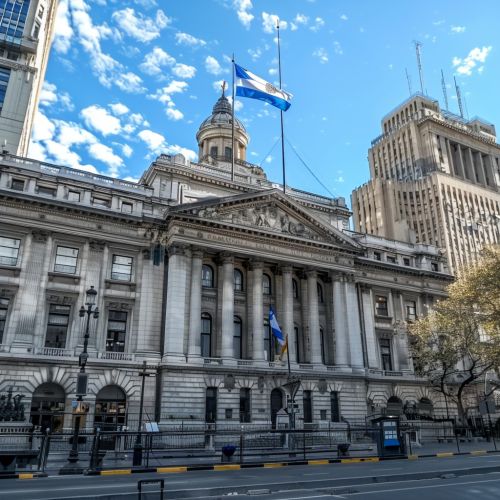
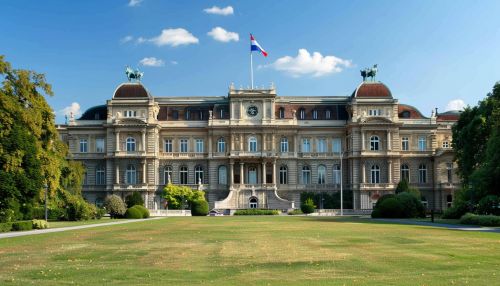
Factors Influencing Political Stability
Political stability is influenced by various factors, including the government's control over its territory, the level of economic development, the legitimacy of the government, and the country's political culture.
Government Control
The government's control over its territory is a crucial factor in political stability. A government that has full control over its territory can enforce laws and regulations, maintain order, and protect its citizens. Conversely, a government that lacks control over its territory may face challenges in maintaining political stability. This can be due to internal conflicts, such as civil wars, or external threats, such as invasions or occupations by foreign powers.
Economic Development
The level of economic development also plays a significant role in political stability. Countries with high levels of economic development tend to have more stable political systems. This is because economic development often leads to improved living standards, which can reduce social unrest and increase support for the government. On the other hand, countries with low levels of economic development may experience political instability due to economic hardships and inequality.
Government Legitimacy
The legitimacy of the government is another important factor in political stability. A government is considered legitimate if it is recognized by its people and the international community as the rightful authority. Legitimacy can be derived from various sources, such as democratic elections, a constitution, or a tradition of hereditary succession. A government that lacks legitimacy may face challenges in maintaining political stability, as it may be confronted with opposition and resistance from its people or other countries.
Political Culture
The country's political culture, which includes the people's attitudes, values, and beliefs about politics and government, can also influence political stability. A political culture that values democracy, rule of law, and human rights can contribute to political stability by promoting peaceful political participation and discouraging violence and corruption. Conversely, a political culture that tolerates or encourages violence, corruption, or authoritarianism can undermine political stability.
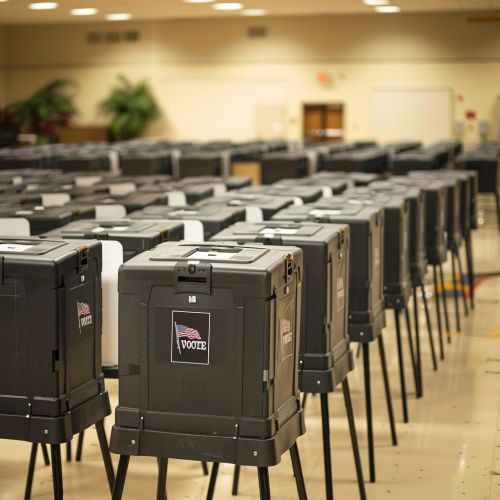
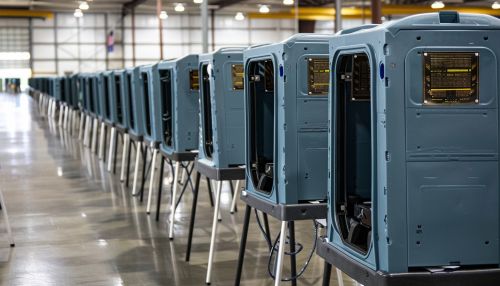
Consequences of Political Stability
Political stability can have various consequences, both positive and negative, on a country and its people.
Positive Consequences
One of the positive consequences of political stability is economic growth. Stable political conditions can create a favorable environment for economic activities, such as trade and investment. This can lead to economic growth, which can improve living standards and reduce poverty.
Political stability can also promote peace and security. In a politically stable country, conflicts and violence are less likely to occur, which can enhance the safety and well-being of its people.
Moreover, political stability can contribute to the country's international reputation. Countries with stable political conditions are often viewed as reliable and trustworthy by other countries, which can facilitate international relations and cooperation.
Negative Consequences
However, political stability can also have negative consequences. For instance, it can lead to political stagnation, where there is a lack of change and innovation in the political system. This can result in outdated policies and practices that do not meet the needs and expectations of the people.
Political stability can also result in complacency and lack of accountability. In a stable political environment, the government may feel secure in its position and become less responsive to the needs and concerns of its people. This can lead to corruption, inefficiency, and abuse of power.
Furthermore, political stability can perpetuate inequality and injustice. If the political system is dominated by a certain group or class, political stability can maintain their power and privilege, while marginalizing and disadvantaging others.

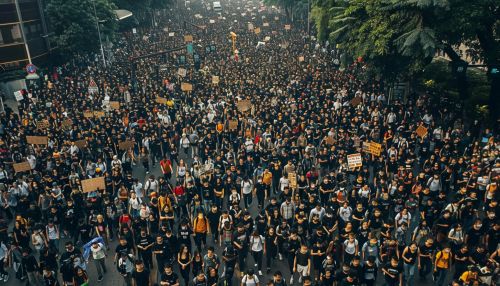
Maintaining Political Stability
Maintaining political stability requires a balance of power, respect for the rule of law, and active participation from citizens.
Balance of Power
A balance of power is crucial for maintaining political stability. This involves a system of checks and balances, where different branches of government have the power to check each other to prevent any one branch from becoming too powerful. This can help to prevent abuses of power and ensure that the government acts in the best interests of the people.
Rule of Law
Respect for the rule of law is also important for maintaining political stability. The rule of law ensures that everyone, including the government, is subject to the law and that laws are applied fairly and consistently. This can help to protect the rights and freedoms of the people and prevent arbitrary and unjust actions by the government.
Citizen Participation
Active participation from citizens is another key factor in maintaining political stability. This can involve voting in elections, participating in public debates and discussions, and holding the government accountable for its actions. Citizen participation can ensure that the government is responsive to the needs and concerns of the people and that it acts in their best interests.


